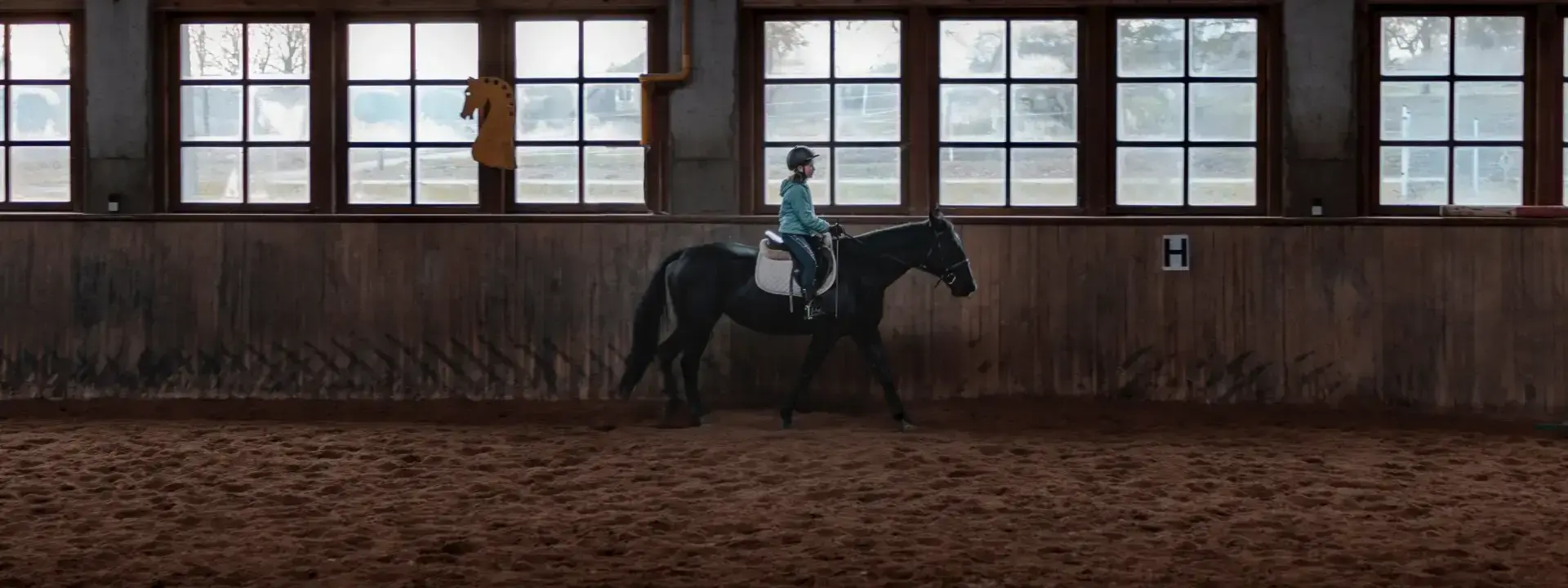
Horse Trainer Job Description
What is a Horse Trainer Professional?
A horse trainer is a professional who is responsible for the care, training and management of horses. They work with owners, riders and other horse professionals to ensure that the horse is healthy and happy, and performing to their best ability. As well as working with owners and riders, horse trainers also need to be able to communicate effectively with vets, farriers and other equine specialists. They will often work long hours, including weekends and holidays, as horses need around-the-clock care. Horse trainers typically start off working as grooms or stable hands, before moving up the ranks to become head trainers. In order to become a successful horse trainer, it is important to have a strong understanding of equine anatomy and physiology, as well as learning about different training methods. There are many different types of training that a trainer can utilise depending on the needs of the horse, such as flatwork or dressage training , showjumping , eventing , racing or barrel racing
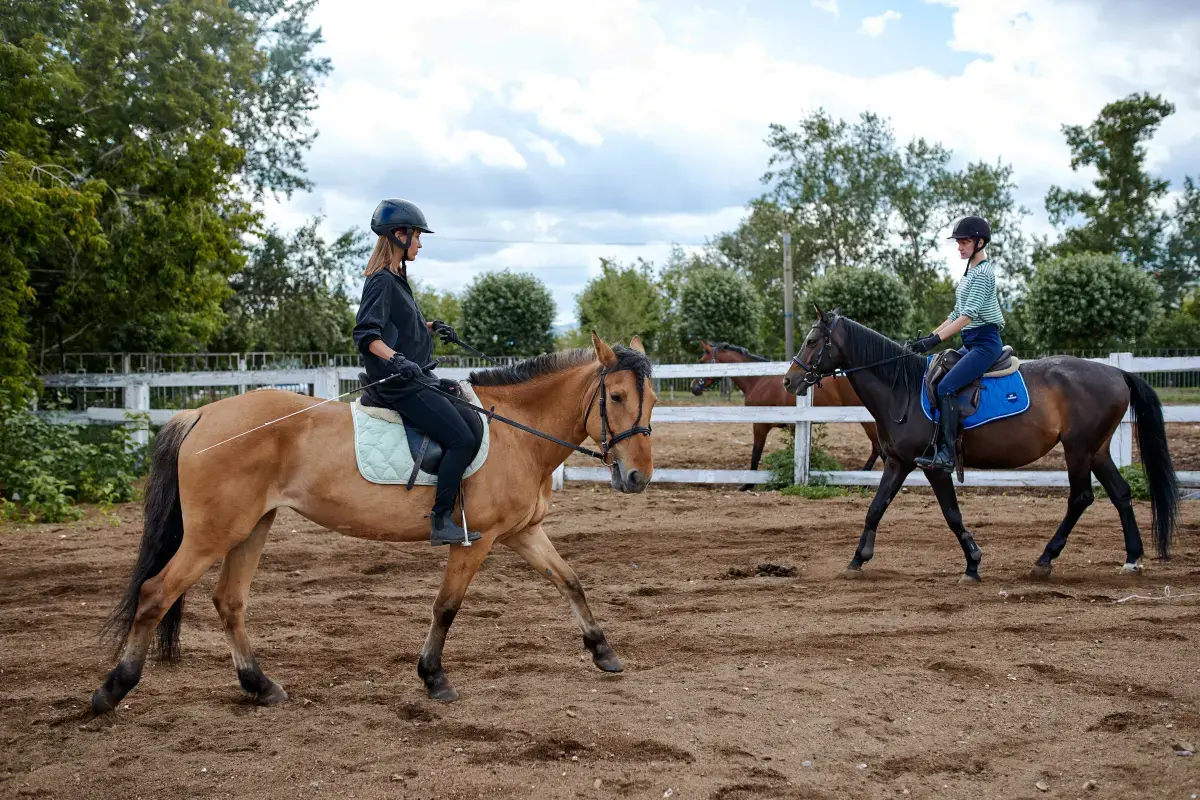
What does a Horse Trainer Expert do?
The duties of a horse trainer vary depending on what type of facility they work at (such as a stud farm , racehorse stable or riding school ) and what type of horses they train. However, some common tasks that horse trainers may perform on a daily basis include: cleaning stables; feeding horses; turning out/bringing in horses from paddocks; mucking out stalls; grooming horses; tacking up horses; exercising horses; schooling horses in various disciplines; Lunging Horses ;long lining HorsesShadow Wrapping Horses ;and cooling down/hosing down horses after exercise. Horse trainers must have excellent people skills as they often deal with customers on a daily basis. They must also be physically fit as the job can be very demanding, both mentally and physically. If you are thinking about becoming a horse trainer , it is important to remember that it is not just about working with ponies – you will need to have patience when dealing with challenging behaviours , an expert knowledge of Horse psychology keen observational skills in order to identify any changes in behavior which could indicate an underlying health problem . Trainers must also be able show sound judgement in order safeguard both themselves and those around them from potential injuries
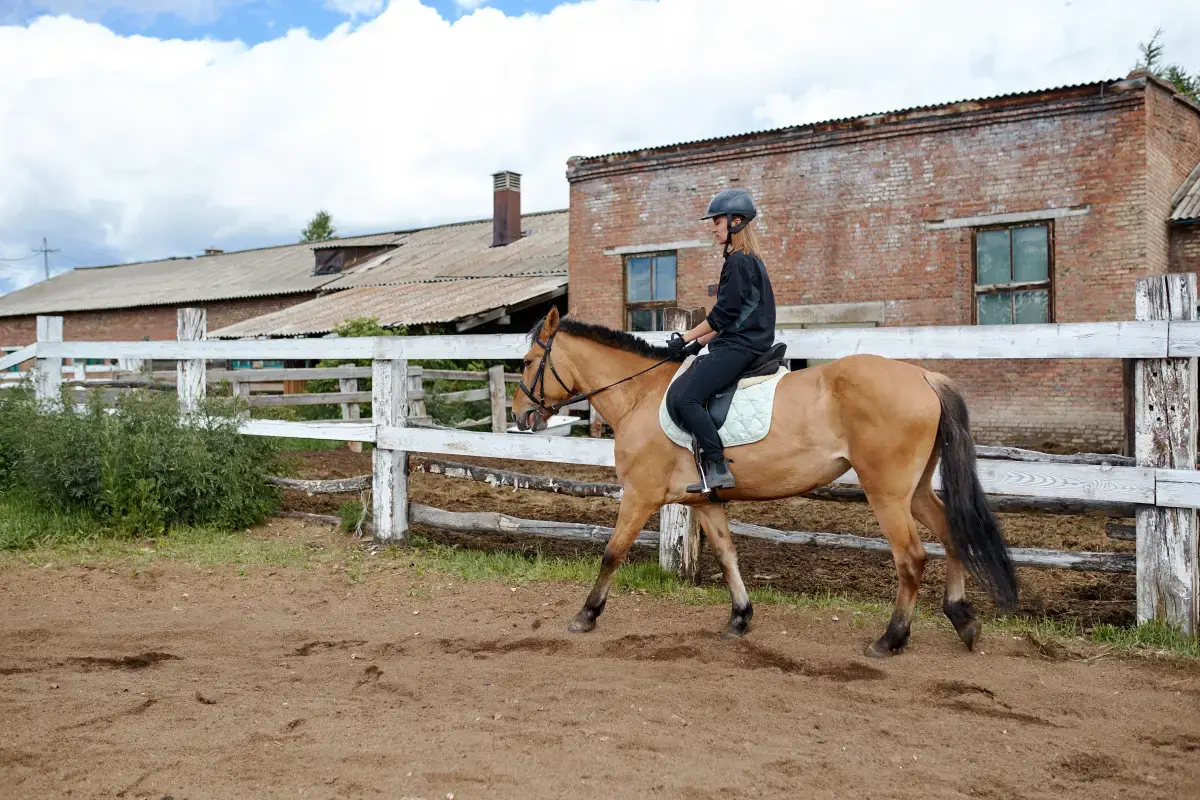
What are the Skills of a Horse Trainer?
A horse trainer is an individual who is responsible for the care, training and management of horses. They may work with racehorses, show jumpers, eventers, dressage horses or general riding school ponies. It is important that a horse trainer has a thorough knowledge of equine health and behaviour, as well as the ability to build positive relationships with both horses and riders. Horse trainers need to be able to communicate effectively with both horses and riders in order to successfully train their charges. They must be able to understand equine body language and know how to interpret the subtle signs that a horse may give off in order to gauge its mood or state of mind. This understanding forms the basis of successful communication between trainer and horse. If a trainer cannot effectively communicate with their charge then it will be difficult, if not impossible, to build trust between them and ultimately train the horse successfully. In addition to being excellent communicators, horse trainers must also be skilled at handling horses in a way that is gentle yet firm. They need to have excellent ground manners and be confident in handling horses both in hand and under saddle. A trainer must be able safely catch, tie up, groom and tack-up their charge without causing it any undue stress or discomfort.
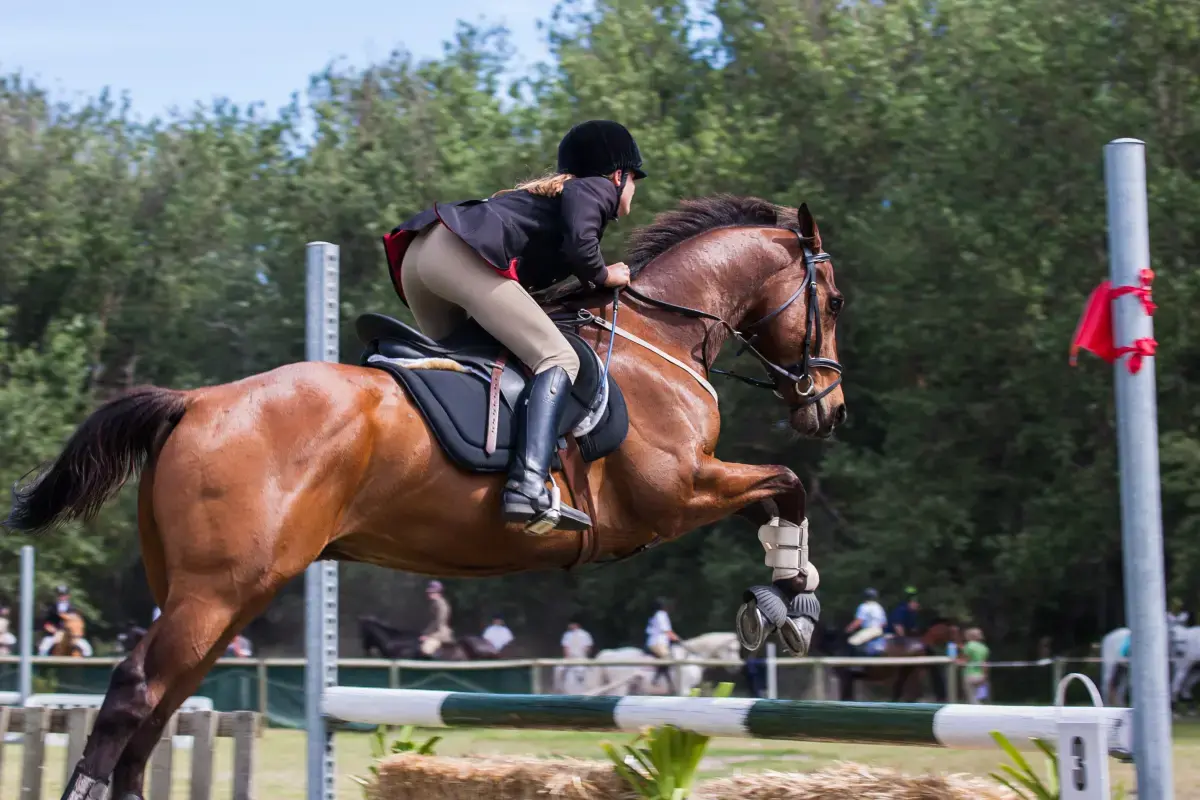
What makes an Expert Horse Trainer?
It is also important that trainers are confident in leading groups of ridden horses, as this is often required when working at riding schools or during competition warm-ups etc. As well as needing excellent practical skills related to handling and caring for horses, trainers must also have sound theoretical knowledge relating to equine behaviour and training methods/principles. There are many different ways of training a horse (and indeed many different opinions on what constitutes ‘correct’ training) so it is important that trainers have some sort of framework or plan that they can follow when working with their charges. Having said this however, it is also important for trainers to remain flexible in their approach as every horse is an individual with its own unique needs – one size does not fit all when it comes to training!
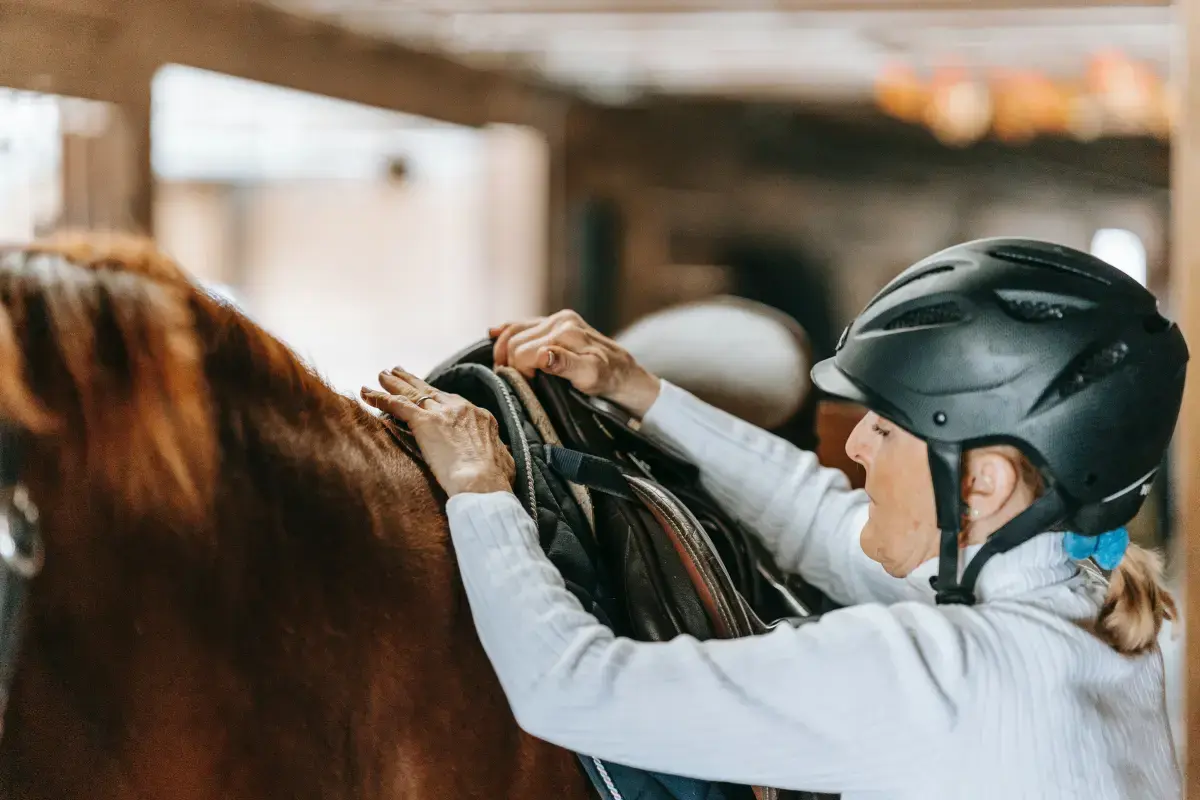
What level of Experience & Qualifications are required to be a Horse Trainer?
Industry Experience: • Minimum of 5 years of experience working with horses in a professional capacity. • Experience training horses for specific disciplines such as dressage, show jumping, eventing, racing or western riding. • Knowledge and understanding of horse behavior and psychology. • Ability to recognize signs of stress or illness in horses. Training: • Certification from an accredited equine training program or school. • Continuing education courses related to horse training and care. Qualifications: • Excellent communication skills with both humans and animals. • Strong problem-solving skills to identify issues quickly and develop solutions accordingly. Education: • Bachelor’s degree in animal science, equine studies, veterinary medicine or a related field is preferred but not required

What is the Salary of a Horse Trainer?
The salary expectations of a horse trainer can vary greatly depending on experience, location, and the type of horses they are training. For junior trainers, salaries typically range from $25,000 to $35,000 per year. These trainers may be responsible for basic care and maintenance of horses as well as teaching riding lessons or providing instruction in horsemanship. They may also help with grooming and tacking up horses before rides. Mid-level trainers usually earn between $40,000 and $60,000 annually. These trainers often have more responsibility than junior trainers and may be responsible for managing a stable or barn full of horses. They may also provide advanced instruction in riding techniques or horsemanship skills to more experienced riders. Senior level horse trainers can expect to make anywhere from $70,000 to over $100,000 per year depending on their experience and the size of the stable they manage. Senior level trainers are often responsible for overseeing all aspects of a stables operations including hiring staff members such as grooms or assistant instructors; developing training programs; organizing competitions; managing budgets; marketing services; and providing advanced instruction in riding techniques or horsemanship skills to experienced riders.
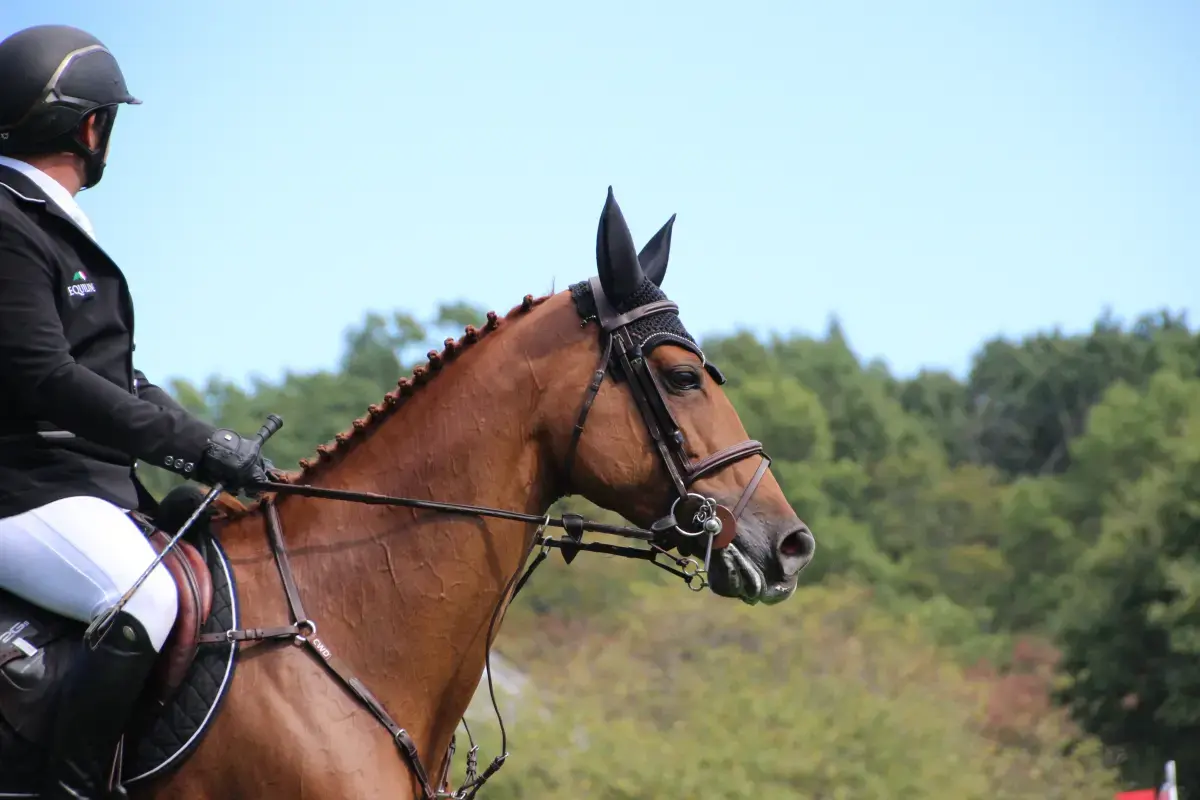
What are the Working Conditions for a Horse Trainer?
The general working conditions for a horse trainer vary depending on the type of job they are doing. For example, those who work in racing stables may have to work long hours and be available at all times of the day and night. They may also need to travel frequently to attend races or other events. Those who train horses for show jumping or dressage competitions may have more regular hours but still need to be available during competition season. In general, horse trainers must be physically fit as they will spend much of their time outdoors caring for horses and exercising them. They must also have good communication skills as they will often need to interact with owners, riders, and other professionals in the industry. Horse trainers should also possess knowledge about equine nutrition, health care, behavior management, training techniques, and safety protocols. Horse trainers typically receive an hourly wage or salary depending on their experience level and the type of job they are doing. Benefits such as health insurance may also be provided by some employers.
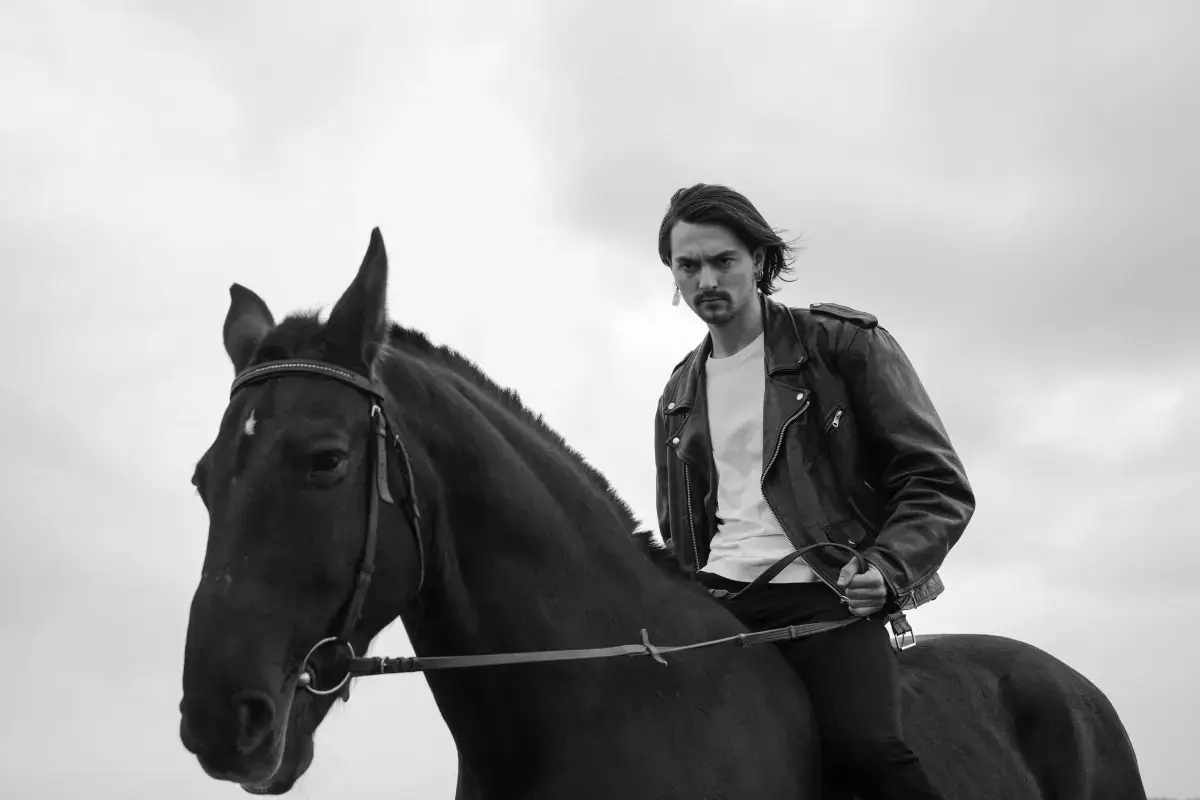
What are the roles and responsibilities of a Horse Trainer?
Train horses in basic obedience, tricks, and ground manners.
Teach young colts their first lessons and start them under saddle.
School experienced horses in advanced dressage or jumping movements.
Work with problem horses to overcome behavioral issues such as fearfulness or aggression.
Develop training plans and goals for each individual horse in their care.
Keep detailed records of each horses progress and training regimen.
Schedule and oversee regular veterinary check-ups and farrier appointments for the herd.
Handle all aspects of horse management, from feeding and turnout to grooming and stall cleaning.
Train young horses and retrain older ones according to their abilities and the needs of their owners or riders.
Develop a conditioning program for competition horses that includes work in the arena, on the trail and on the lunge line.
Supervise equine health care, including administering medications and administering first aid as needed.
Work with other trainers, coaches, owners and grooms to ensure each horse is receiving the best possible care and training regimen.
Evaluate young horses before they are started under saddle to determine suitability for various riding disciplines.
Teach beginner riders how to mount, dismount, groom, tack up and handle a horse safely.
Start young horses under saddle using gentle but effective methods of training based on positive reinforcement techniques such as clicker training .
schools horses in basic obedience including halt, walk, trot , canter/lope
Trailers Horses
ponies children
givingBasic showing 20In-depth lunging
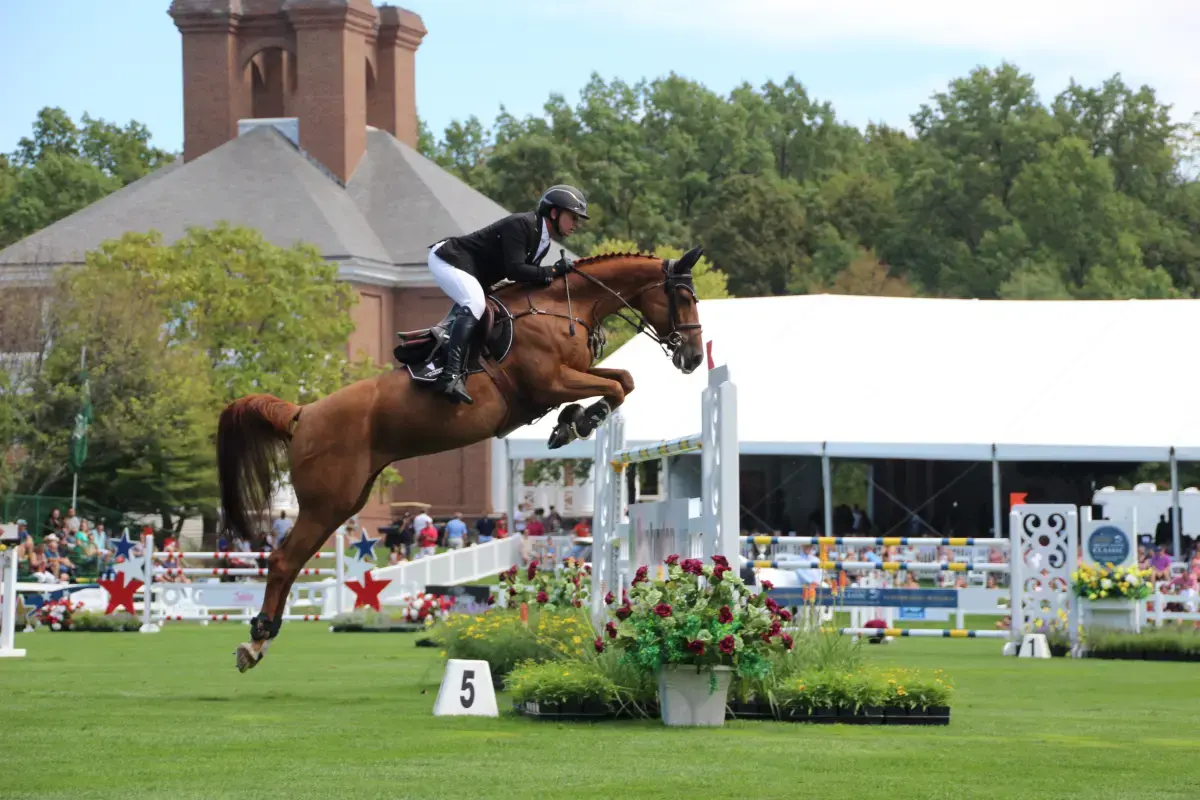
Where can I find Horse Trainer jobs?
- Create a profile on gigexchange and promote your Horse Trainer skills to advertise you are Open to New Work Opportunities
- Ensure your Resume (or CV), or online work profile is up to date and represents your skills and experience. Ensure your reputation reflects your ability & attitude.
- Apply for Horse Trainer Jobs advertised on gigexchange.
- Practise Horse Trainer interview techniques to ensure you represent your personality and ability succinctly and confidently.
- Accept the job offer if the salary meets your expectations and the employer mission and purpose reflects your core values.
Jobs
What are the best job boards for Horse Trainer jobs?

How can I hire Horse Trainer staff online for my business?
The best job board for recruiting Horse Trainer experts is gigexchange.com. Advertise full-time, part-time or contract jobs to find, hire & recruit trusted, experienced and talented Horse Trainer candidates near you.
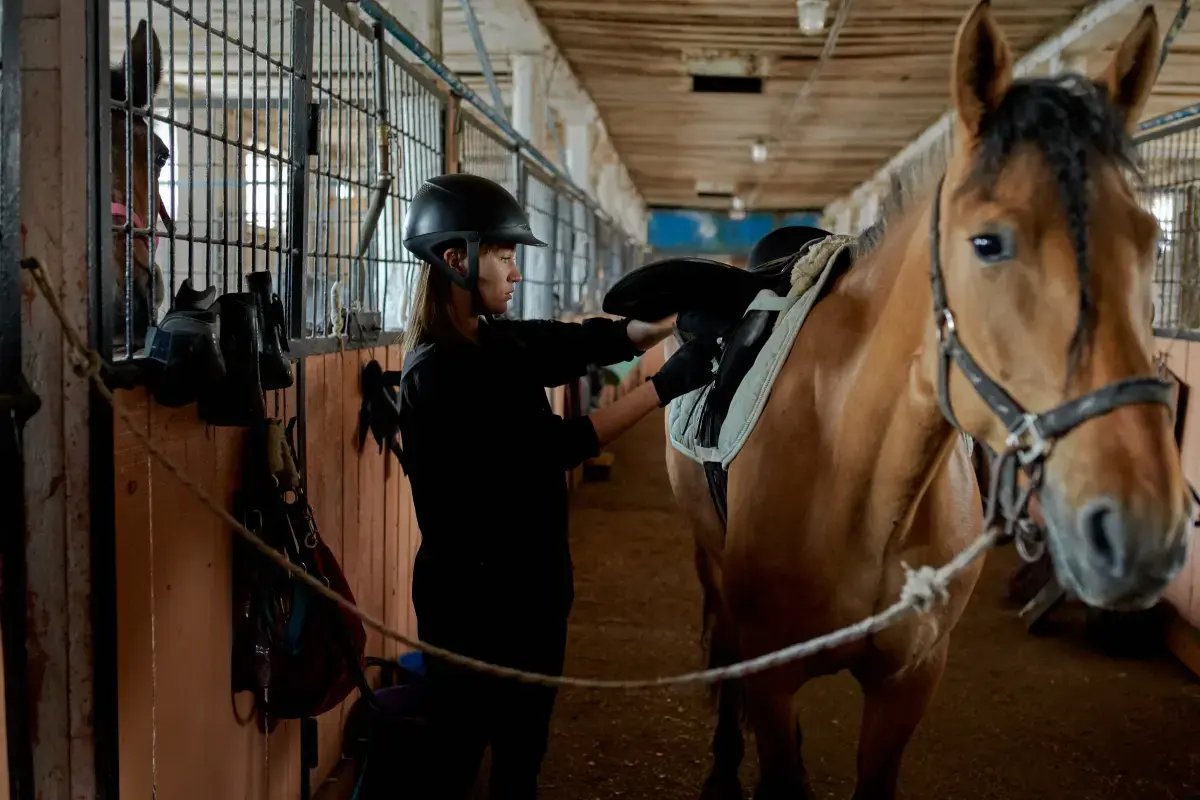
Are Horse Trainer roles in demand in 2026?
Horse Trainer experts are still in high demand in 2026. If you are an experienced Horse Trainer or looking to train and become one. The job market is looking strong for Horse Trainer jobs near me.